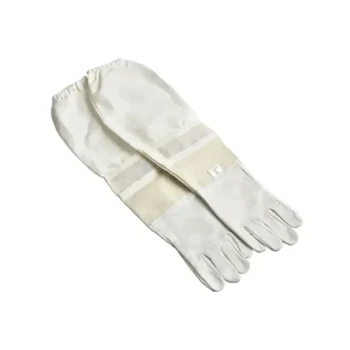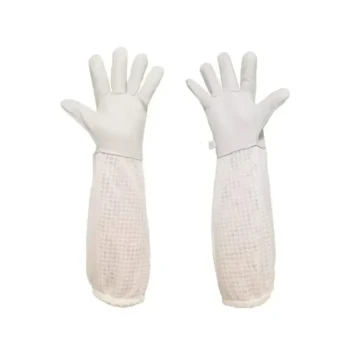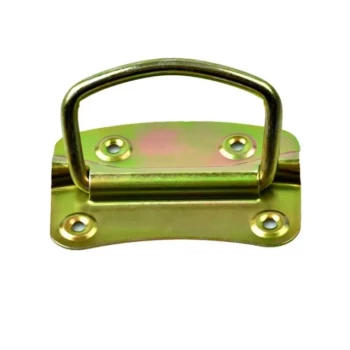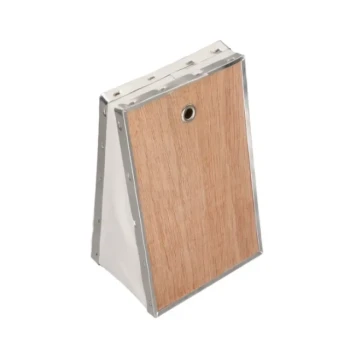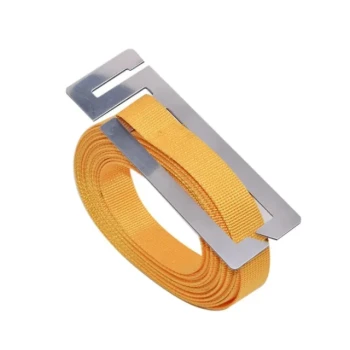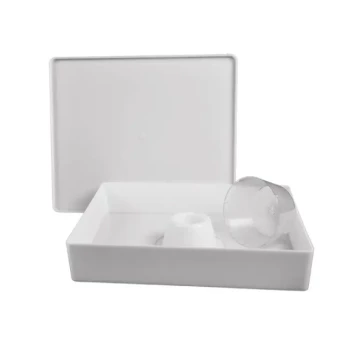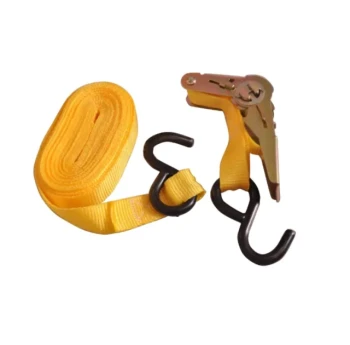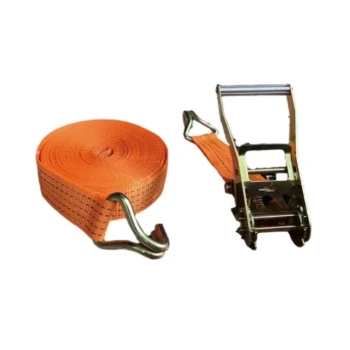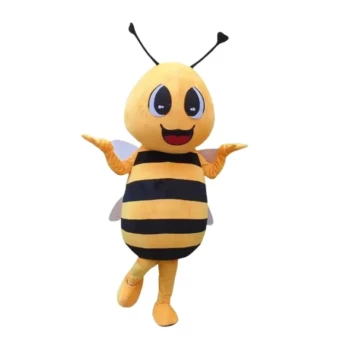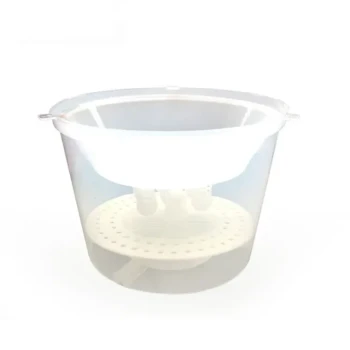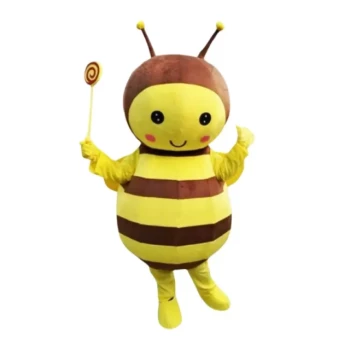For experienced beekeepers, the decision to work without gloves is a calculated one. It is not about bravado but about gaining superior dexterity and a more sensitive touch, which allows for gentler handling of bees and equipment. This approach ultimately reduces the risk of accidentally crushing bees, an act that can trigger a defensive response from the entire colony.
The core issue is a trade-off between personal protection and hive welfare. While thick gloves offer maximum sting protection, they create a clumsiness that can harm bees. Going gloveless prioritizes delicate handling and colony calmness but requires a high level of skill and acceptance of risk.
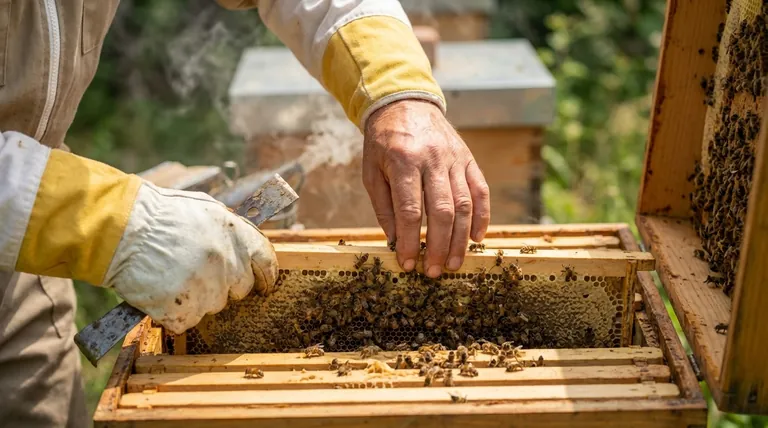
The Core Rationale: Dexterity and Sensitivity
Experienced beekeepers who forgo gloves are seeking a more precise and intuitive connection with the hive. This choice is rooted in several practical benefits that directly impact the health of the colony.
Enhancing Tactile Feedback
Standard beekeeping gloves are often made of thick leather to prevent stings. This protection comes at the cost of tactile sensitivity, making it difficult to feel the delicate structures of the hive, such as the position of the queen or the texture of the comb. Working bare-handed provides immediate, unfiltered feedback.
Preventing Harm to the Colony
The single most important reason for going gloveless is to avoid crushing bees. A clumsy, glove-encumbered hand is more likely to squash a bee when moving a frame. A crushed bee releases an alarm pheromone that signals a threat to the rest of the hive, instantly increasing agitation and the likelihood of more stings.
Gentle, sensitive handling keeps the colony calm and makes the entire inspection process smoother and safer for both the beekeeper and the bees.
Improving Equipment Handling
Beyond handling the bees themselves, bare hands offer far greater dexterity for managing equipment. Tasks like opening a queen cage, marking a queen, or delicately separating frames stuck together with propolis are significantly easier without the hindrance of bulky gloves.
Understanding the Trade-offs and Risks
Choosing to work without gloves is an advanced technique with significant downsides that must be fully understood. It is not a practice for the inexperienced or the faint of heart.
The Inevitability of Stings
The primary and most obvious risk is getting stung. A sting on the hand or finger is particularly painful. A beekeeper who works without gloves must be mentally prepared for stings and be able to remain calm when they happen to avoid escalating the situation.
This Is Not a Beginner's Strategy
New beekeepers should always wear full protective gear, including gloves. The confidence provided by a bee suit and gloves allows a beginner to focus on learning fundamental skills—like hive inspection and reading bee behavior—without the distraction and fear of being stung. Building this foundational confidence is critical.
The Need for Calm and Confidence
Going gloveless is only viable for beekeepers who have developed a deep sense of calm and an ability to read the hive's mood. An experienced keeper can interpret the sound and behavior of the colony, anticipating and avoiding actions that would trigger a defensive response. Panic or jerky movements are a recipe for a negative experience.
Making the Right Choice for Your Experience Level
The decision to wear gloves, and what kind, depends entirely on your personal goals, confidence level, and commitment to the welfare of your bees.
- If you are a beginner: Your priority is safety and building confidence. Always wear a full bee suit with gloves to focus on learning without fear.
- If you are an intermediate beekeeper: You can improve your dexterity by transitioning to thinner gloves, such as nitrile or supple goat leather, which offer a compromise between protection and sensitivity.
- If you are an experienced and calm beekeeper: Going gloveless becomes a viable option to achieve the most gentle and precise handling, provided you fully accept the risk of stings.
Ultimately, the best choice respects both the well-being of the colony and your own safety as its caretaker.
Summary Table:
| For Experienced Beekeepers: Why Go Gloveless? | Key Benefit | Important Consideration |
|---|---|---|
| Enhanced Dexterity | Allows for more precise handling of frames and delicate equipment. | Requires a high level of skill and calmness to avoid agitating bees. |
| Superior Tactile Feedback | Provides direct feel for hive structures, like locating the queen. | Significantly increases the risk of painful stings on the hands. |
| Prevents Crushing Bees | Gentle handling avoids releasing alarm pheromones that trigger colony defense. | Not recommended for beginners; full protective gear is advised for new beekeepers. |
Ready to equip yourself for any beekeeping style, from beginner to expert?
At HONESTBEE, we understand that beekeeping is a personal journey that evolves with your experience. Whether you're a commercial apiary requiring durable, bulk supplies or a distributor sourcing high-quality equipment, we provide the right tools for every level of confidence and skill.
We supply everything from full protective suits for safe learning to premium, thin-glove alternatives for experienced keepers seeking greater sensitivity. Our wholesale-focused operations ensure you get reliable, professional-grade equipment that supports both beekeeper safety and colony welfare.
Let's discuss your specific needs. Contact our expert team today to find the perfect beekeeping solutions for your operation.
Visual Guide
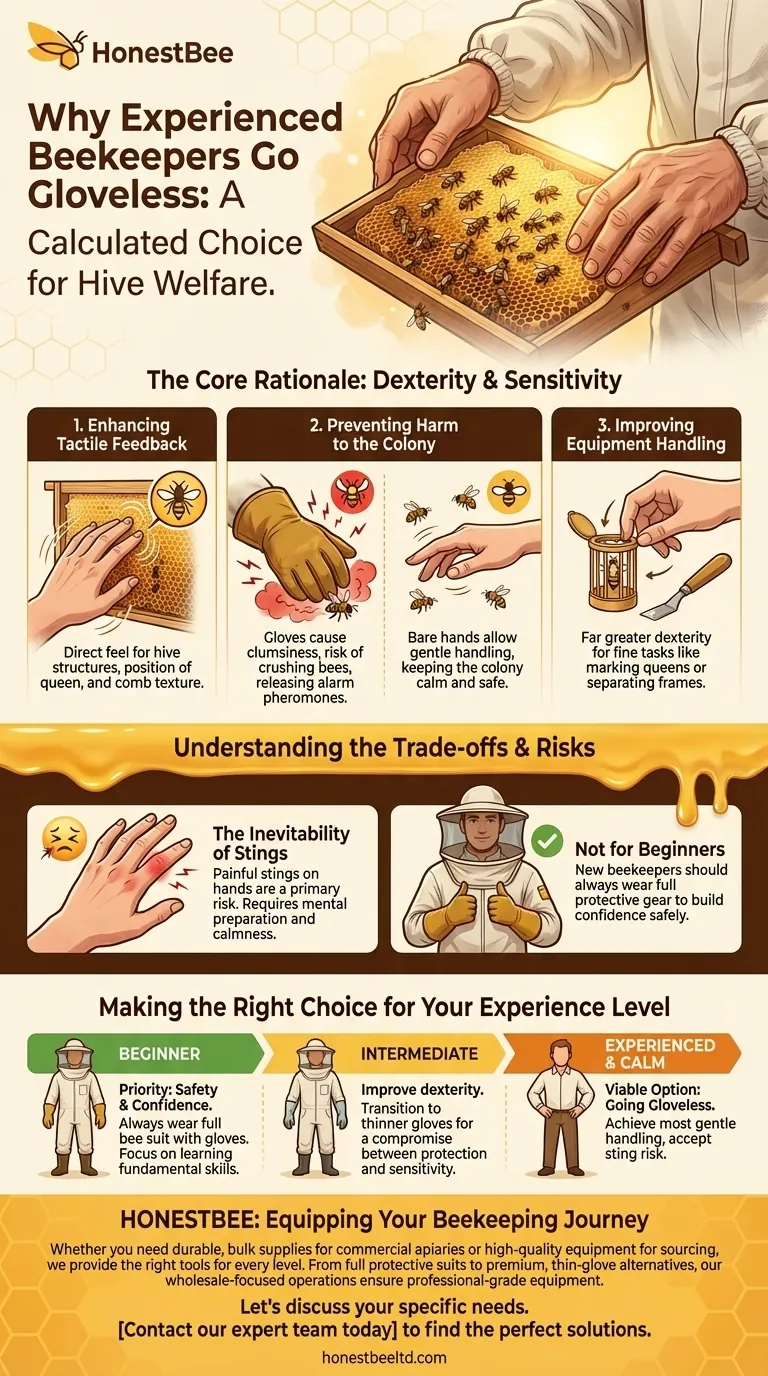
Related Products
- Beekeeping Gloves Goatskin Leather with Long Cotton Sleeve for Beekeepers
- Goatskin Leather Beekeeper Gloves with Vent Long Sleeve for Beekeeping Honey Bee Sting Proof Protection
- Goat Skin Leather Bee Sting Proof Beekeeping Gloves with Canvas Sleeve
- Premium Ventilated Goatskin Beekeeping Gloves with Full 3-Layer Mesh Sleeve
- Professional Grade Foldable Beehive Handles
People Also Ask
- Can beekeeping gloves be washed? Expert Cleaning & Maintenance Guide for Leather and Synthetic Gear
- What is the role of protective gloves in beekeeping? Essential Materials and Benefits for Safe Hive Management
- What is the recommended procedure for washing heavy-duty leather beekeeping gloves? Maintain Your Gear Like a Pro
- How frequently should beekeeping gloves be cleaned? Maintain Peak Dexterity and Hive Hygiene
- What are gauntlet gloves and what are their pros and cons for beekeeping? Maximize Your Apiary Safety
- What types of gloves are commonly used by beekeepers? A Guide to Leather, Goatskin & Nitrile
- What is the correct method for washing leather beekeeping gloves? Keep Your Gear Supple & Sting-Proof
- What is the recommendation for beginning beekeepers regarding gloves? Build Confidence and Safety

